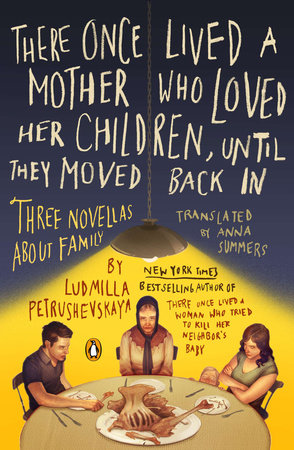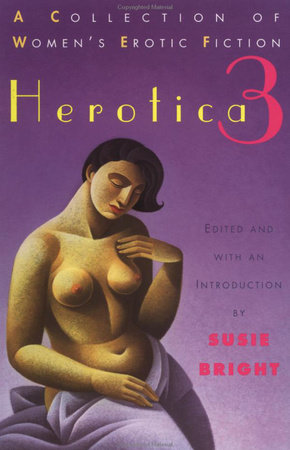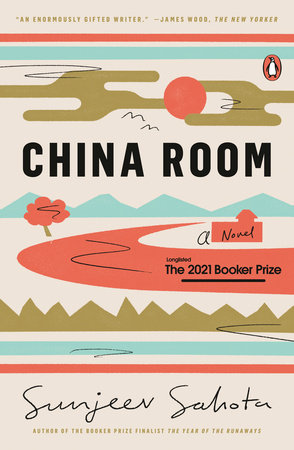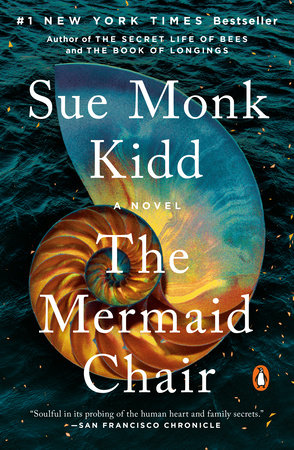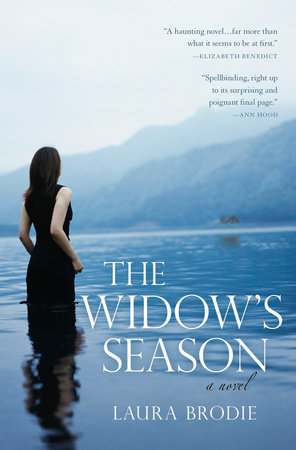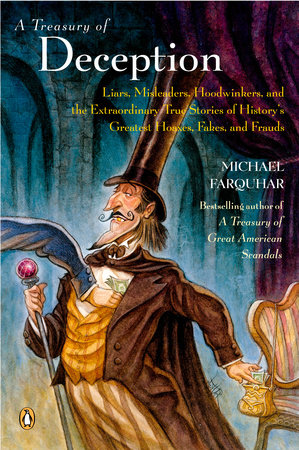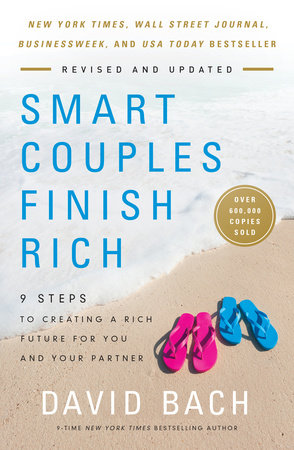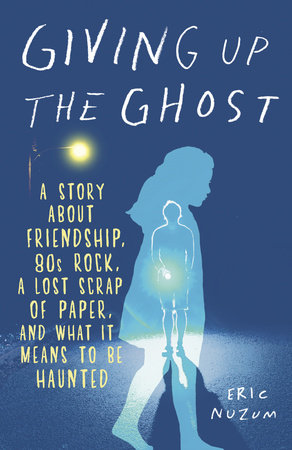Author Q&A
Why did Gertrude Weisker decide to tell you her story, after fifty years of telling no one?
This is a question she could answer better than me. I can only guess. She read an interview with me in the German magazine “Der Spiegel,” in which I said I would like to write something about Eva Braun. She called me, saying “I could tell you a lot about her, I’m her cousin”. We met, and I think she felt she could trust me. Maybe she also felt that the time had come to break her silence about those long ago Nazi days. The situation has changed indeed in Germany. Strange to say, old people now begin to talk about their memories of before 1945, and the media seem interested, there are a lot of TV shows and books about World War II, more than ever before. Those who have memories of those times are aging nowadays and soon will be gone.
What did you learn about the nature of confession when she told you her story? Why do people confess to others?
Our bad memories are as much a part of our lives as the good ones are, as is the evil that we became a part of. Denying it means to deny a part of yourself. Perhaps growing older and approaching the end of life increases the longing to feel complete, to look back on a complete biography. I think this is how Gertrude Weisker must have felt, when she told me about her stay at Hitler’s home in 1944.
As she told you her story, you came to occupy a curious position, as witness, confessor, accomplice, and writer. Did moral judgment on your part ever enter into this position? If so, how did you deal with your judgments through these various roles you played?
It was a curious position. But I did not feel like a confessor or an accomplice. I only felt like a writer, on the track of a fascinating story. And a writer never is interested in moral judgment, only in coming close to understanding human acts which are hard to understand. Besides, I remember being a twenty year old girl and how stupid I was and politically unsuspecting. I do not expect a young woman in 1944 to be more judicious.
Why did you decide to write a novel instead of a biography? Was this a decision you reached with Gertrude Weisker, or did she tell you her story and leave it up to you to decide how it would be recorded?
I never thought about writing anything but a novel. First, I am a novelist and deeply convinced that writing fiction is a way to get to a truth that can never be found at the surface of so-called reality. Second, what Gertrude told me were memories from a strictly personal point of view. A lot of privacy, a lot of intimacy, atmosphere, details. No matters of great historical concern. Those all are well-known. This was the subject of a narrative: two young ladies in Hitler’s living room, waiting for him to call. Gertrude knew from the beginning that I was going to write a novel, and she agreed.
In your dedication, you write, “This is as true as the facts on which it is based–and as fictional as any novel.” What does that mean? Where do fiction and fact converge, and where do they split apart? Does the writer’s responsibility to his/her audience change depending on whether or not he/she is writing fiction or non-fiction?
If you write a novel, you mix up fiction and reality to create something new, which neither the reader nor the author can separate into parts distinguished by right or wrong, truth or fantasy. The novel has its own truth. When a reader thinks, “Yes. That’s what she is acting like. That’s what she feels like,”–that reader has got it. When I read the New York Times review of Eva’s Cousin, and they called it “a novel that feels like the truth,” it meant so much to me. It meant that somebody had read it and sensed the fictional truth, although knowing that facts may have been different. For example, Gertrude Weisker did not save the life of a Ukrainian laborer. But I have been told the story of this boy by someone else, who experienced the tortures of being captured and brought as a slave laborer to Germany, though not to Obersalzberg. Besides, it is of no use for readers to know such things. All that counts is the fictional truth: Feeling what it feels like for someone who goes through such experiences.
Marlene’s fear of being caught–both while at the Berchtesgaden and for the rest of her life after the war–pulses at the heart of your novel. In a way, she defines herself in opposition to the person who may, one day, discover the truth. How, then, does the reader of the novel relate to Marlene’s silence? What role does the reader play in her confession, and what is the writer’s contribution to shaping that role?
You know, Marlene in the book is a fictional person. Of course she borrows some features and characteristics from my informant and shares details of her biography. But also, as any novelist does, I gave her traits of my own and of some other people. This fictional arrangement includes the idea of the secret confession of what she had experienced as a close relative of Eva Braun. The more secret and private confessions are, the more they are meant to be read by many readers. That is one of the games authors and readers are used to playing with each other.
Whose stories constitute history? Hitler’s story, of power and military command and ultimate defeat, or Gertrude’s story, the life of a young German woman during dark times? Or is history some combination of both types?
Of course it is. And that is why there is no history without literature. Historiography is only one part of the historical tradition. How much do we know about Nazi times when we know everything about Hitler’s crimes or the progress of World War II? I want to know how they dressed and danced and had love affairs and what it felt like to be in a bunker during bomb attacks, as well as what it felt like to miss people in the neighborhood who happened to be Jews. (We always were so hungry. We only cared about what we would eat next, my mother used to say.)
By writing Eva’s Cousin, you chose to tackle serious subject matter that is still, in many ways, taboo, and, at the least, deeply political. Can you imagine any Germans reacting negatively to your depictions of this pocket of Germany during the War? How aware were you of such possible reactions while you were writing the novel, and was this a very different sort of experience from writing your previous novels?
I always tried to investigate unknown territories of consciousness while writing my books. But this was a special thing. I knew I would have to tackle taboos, writing about the perpetrators of Nazi crimes instead of the victims and by saying “we,” “we Nazis.” You know, there are many books in post war German literature dealing with the subject of Nazi crimes, but they never say “we,” they say “them,” that those who did it were not aware of their crimes. But, you see, my parents happened to be Nazis, just as nearly everybody was, so why not say “we Nazis” when dealing with our past and when trying to tell one of the millions of stories that remain untold? No, there were no negative reactions to the book in Germany. Most readers liked it, and many of them liked it very much. But some did not know exactly if they were allowed to like it. You understand? We Germans are still very cautious, when talking about those times. I am not.
Marlene’s life at Berchtesgaden evokes difficult questions of complicity, guilt, naïveté and forgiveness. Do you see her story as unique, or do you see her story as emblematic of Germany as a whole during the War? Please explain your reasons.
When Marlene came to visit her cousin Eva at Berchtesgaden, she felt like an extraordinary person, keen on visiting Hitler’s home, pleased by the attention of the servants, proud to be one of the happy few of Nazi society to be admitted to the center of Nazi power, which was also the center of Nazi elegance, Nazi lifestyle, the very heart of it. Meanwhile, everywhere else, the world was perishing. She was excited enough to be ashamed of it for the rest of her life. She did not commit any crime herself, but had been so eager to be part of a criminal world. Thus her story is unique and emblematic as well. Most of the Germans were eager to participate in the crimes of century. I do not think it was the feeling of guilt that closed their mouths for such a long time afterwards, but the feeling of shame. Not everybody succeeded in approaching the heart of Nazism as close as Marlene did. But they all had been too close to it.
What sort of research did you to write this novel, in addition to listening to and recording Ms. Weisker’s stories?
Of course I did much research for the book. Especially on bomb attacks on German cities. I had no experience of my own to help me come to terms with it (I was born in 1944). And there must be something of your own experience in everything you write. So I got to read diaries of those years and tried to talk to people who are older than I am. Sometimes doing research is like opening a window to the past. I did not always like what I saw. Of course I have read the great Hitler biographers (Joachim Fest, Ian Kershaw). I have had enough of it for the rest of my life.
How might a German audience’s reaction to your book be different from an American audience’s reaction, and how might they be similar? When you were writing it, did you have a particular audience in mind? This is your first book translated into English–did this come as a surprise to you? Why or why not?
I always have a special audience in mind: people who are like me, people who love a good story and like to forget the rest of the world while reading it, keen to extend their scopes of human understanding. No matter if they are German or American or whatever. Having my book translated into English (as well as many other languages) was such a wonderful experience for me. It does not happen to many German writers. When I got the translation, which is a really good one by Anthea Bell, I nearly was moved to tears. Can you imagine that? It was like looking into a mirror for the first time and understanding: That is me. I deeply love and admire many works of English and American literature. But this was my own. And by reading it, I thought: this is exactly how I would write if I wrote in English. She even kept the rhythm of my prose.
In talking to Ms. Weisker and then in writing this book, did you learn anything new about the nature of memory, and how memory serves an individual in either assuaging fear and guilt or in haunting one with fear and guilt? How does memory create self-perceptions, and how does this process either get disrupted or reinforced by the pressures of history itself?
Is that not the reason why we need books, need to be told stories, in order to not be haunted with fear and guilt? You can’t stay alone with your memories. You must share them. You must learn what you have lived through, and you must tell others. We Germans lived with too many untold stories for too long. Our self-perception thus remained incomplete. Because the past is always part of the present. We must learn to say “we”, not “them”. It was “us” who did it. And writers are the ones to try to find a language for painful experiences of guilt and shame and complicity. It is high time. I tried. And let’s not forget Gertrude Weisker–she tried by telling me.
As a writer, do you believe that there are some histories which will always be written about? Will there ever come a day when we are done writing about World War II, for example, or are there some events from history whose trauma must always be re-explored, and if so, why?
Who knows? You need a Shakespeare to come to terms with it. One thing you can take for certain: He would have loved the material. Hitler, Göring, Goebbels and all the others…great villains on a Shakespeare scene. Yes, I think, in a certain uneasy way, they are immortal. They will always be material, not just for Germans, but for writers at any time. It is wise to be aware of the dark side of human potentiality.
Marlene’s story is an extreme example of how one person’s life can become intricately tied up with world-shaping events. How much responsibility do any of us as individuals have in the creation of history? Where does one’s own life bleed into the events of the day?
Everywhere, every time. The problem is that we are not aware of it as it is happening, but only when it is done. Then, sometimes, we wake up like from a dream. Sometimes nearly sixty years later (which is too late). And it is the duty and great profession of writers (filmmakers, artists…) to point it out. I promise I keep to it. What can a person perceive of what will later be called history? The question lies at the center of all my books. Maybe it is a typical German point of view? It should be.



